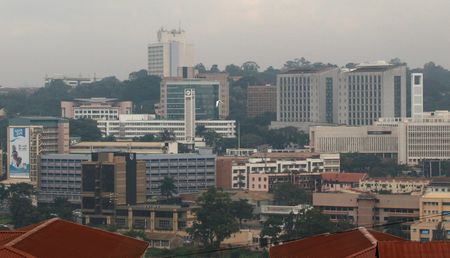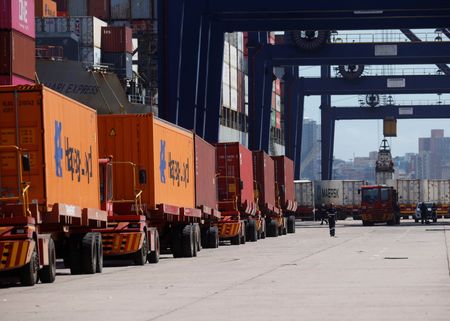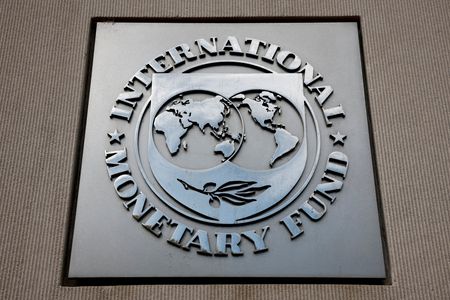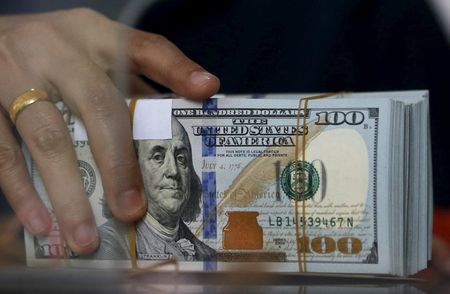KAMPALA (Reuters) – Uganda’s total stock of public debt rose 17.8% last year as the East African nation ramped up domestic borrowing, a report released by the finance ministry on Wednesday showed.
Opposition political parties have criticised the government over rising public debt levels in recent years, and Uganda’s central bank has said the cost of servicing the debt is putting pressure on public revenues.
The government says the increased borrowing is needed to fund infrastructure projects that boost economic growth, which, at a forecast 6%-6.5% this fiscal year, has been faster than many of its African peers.
Uganda’s total public debt rose to $29.1 billion at the end of December, up from $24.7 billion a year earlier, the report showed.
Increased borrowing in 2024, the report added, covered a budget deficit in the 2024/25 (July-June) fiscal year.
Uganda projects a budget deficit of 5.7% of gross domestic product in 2024/25, up from 4.5% in the previous period, according to the finance ministry.
Around half of the total public debt is external, according to the report, with a significant portion of it owed to China, which in recent years has emerged as Uganda’s single-largest bilateral lender.
As a percentage of GDP, the debt stock increased to 52.1% from 49.9% in the previous period, according to the report.
President Yoweri Museveni has said the government intends to drastically curb external borrowing this financial year, starting in July, to bring down debt levels.
(Reporting by Elias Biryabarema; Editing by George Obulutsa and Joe Bavier)










